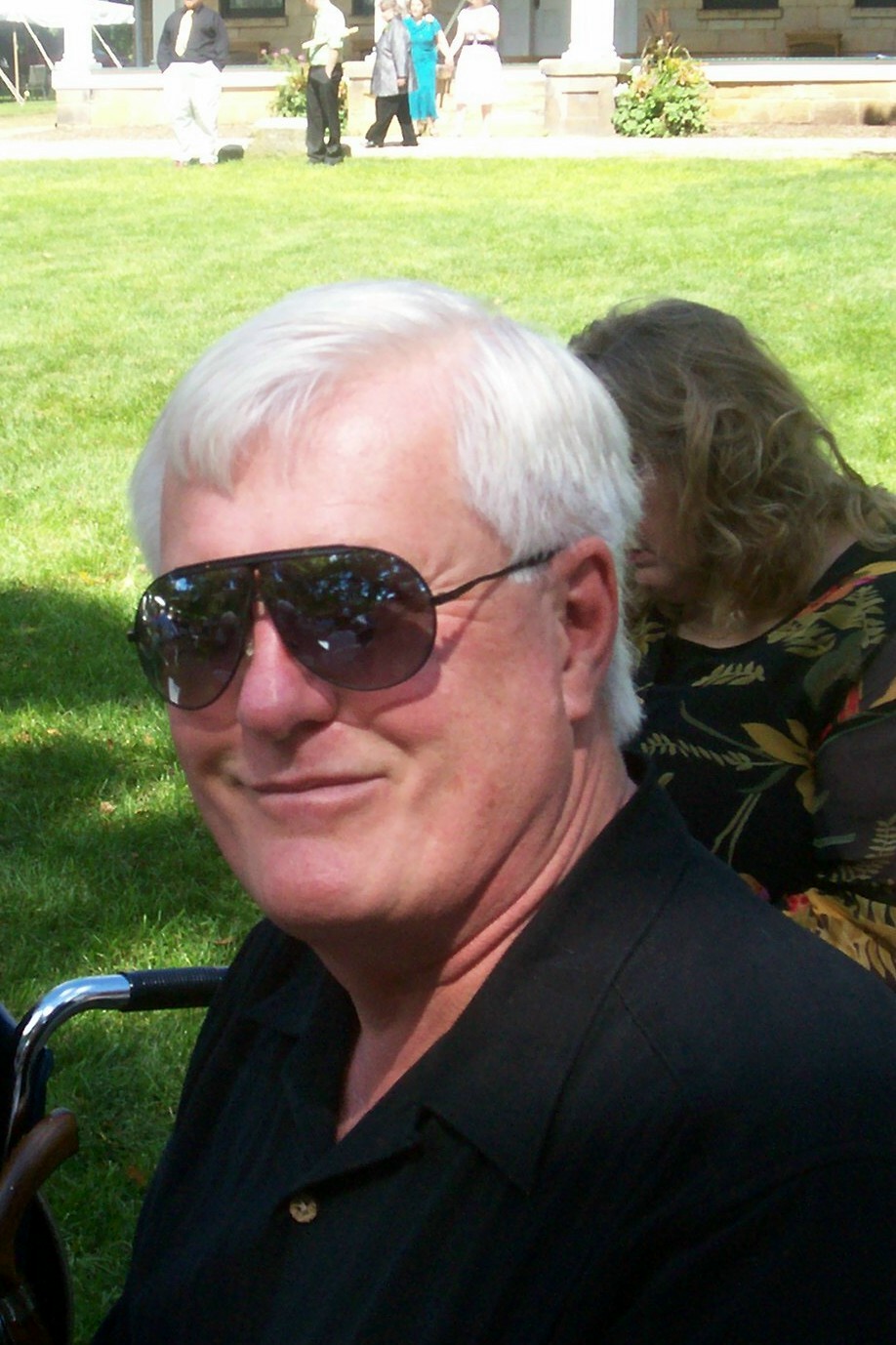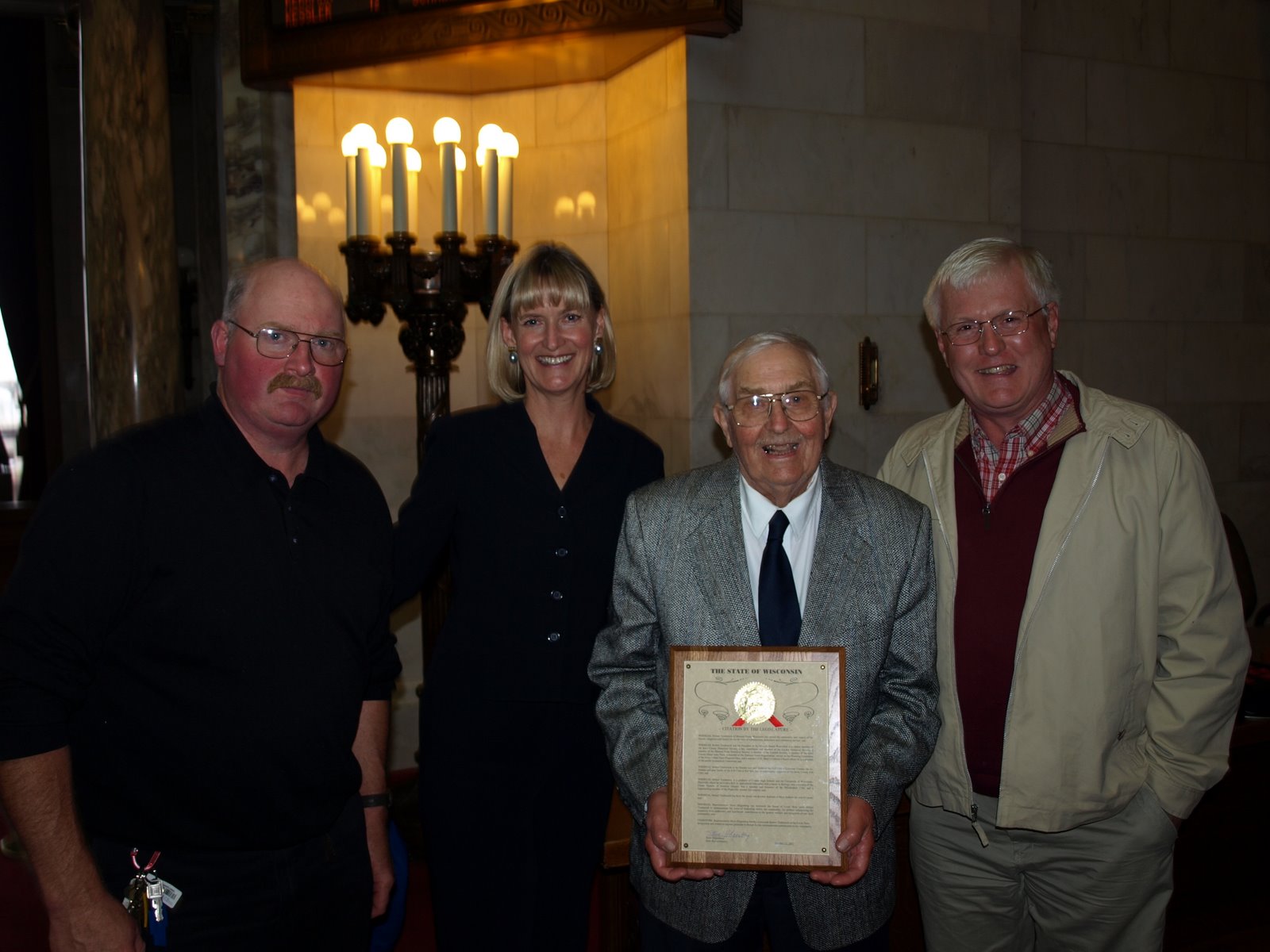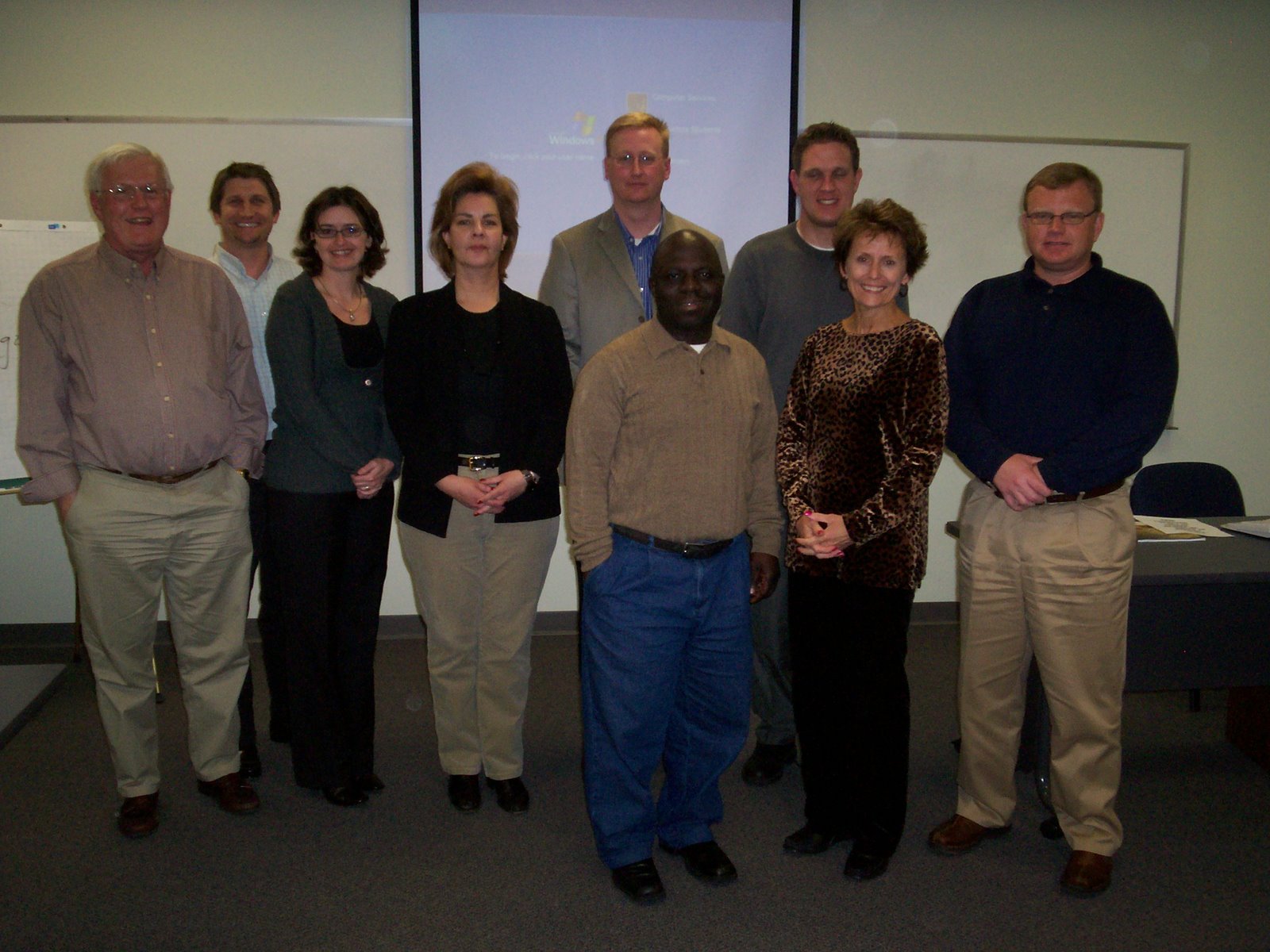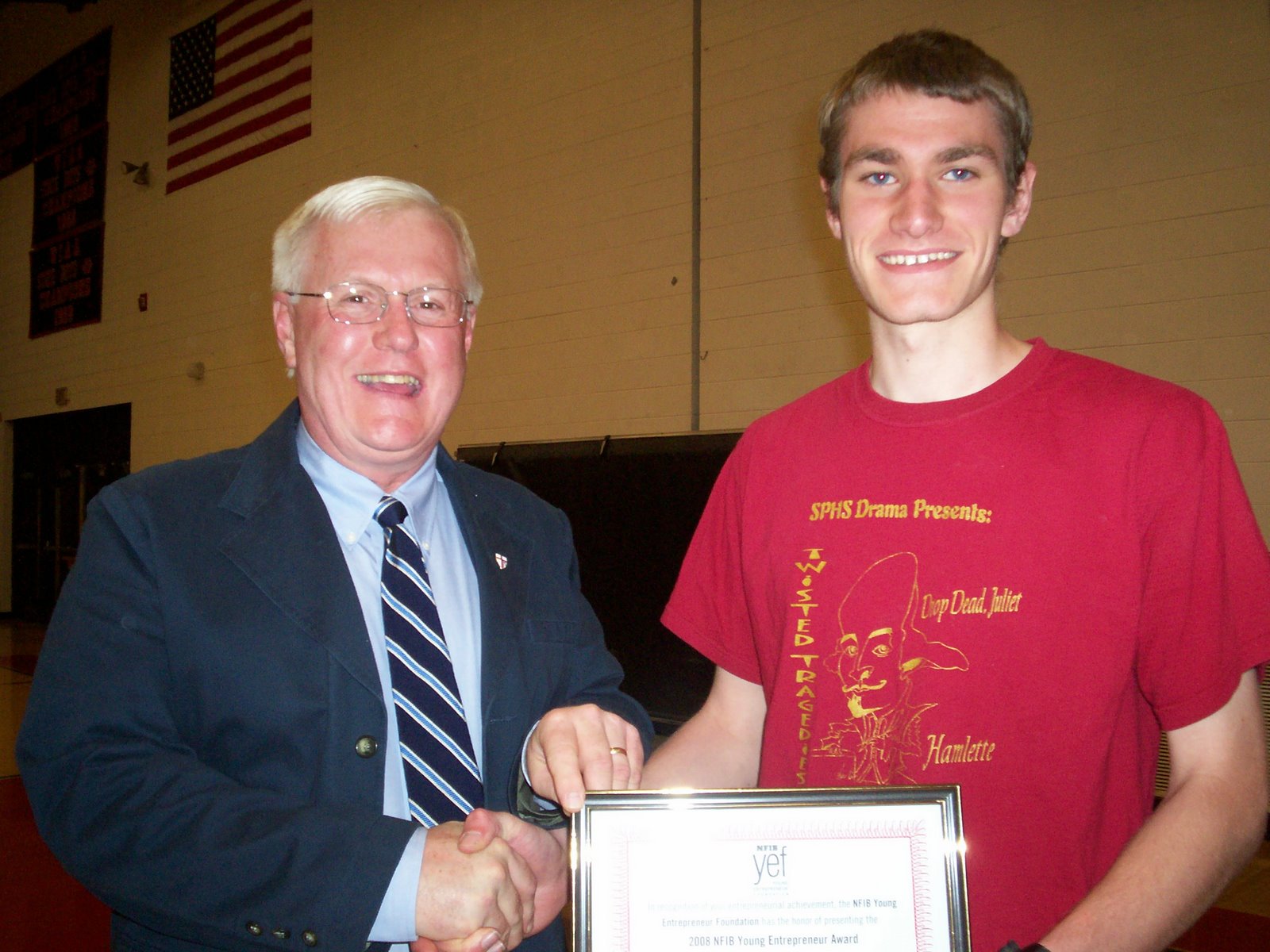Joseph, your professor is reading Nassim Taleb's The Black Swan.
Taleb has a Ph.D. in statistics from Princeton University. Today, he pointed out the difference between episteme and techne, which are ancient Greek words.
We get the word epistemology for episteme: know.
We get the word technique from techne: know-how.
Taleb points out that we confuse know-how with know.
Lots of people know how to conduct statistical analysis, for example, but this does not mean they actually know what the meaning, value, of their analysis. They "crunch" more and more numbers, but the more they "crunch" the less they know.
Or as the Buddhists put it: Too much analysis leads to paralysis.
In other words, know means we understand the context in which we apply know-how. We grasp the big picture.
The M.B.A. has lots of know-how, techne, but he or she lacks episteme, know, or wisdom, because of limited hands-on experience with real-world situations.
For instance, numbers, statistical analyses, are not total reality. They are part of reality.
Reality is far more complex, and we fool ourselves if we think knowing how to do things, techniques (techne) like statistical analysis, without overall holistic, understanding of context(episteme), is enough to survive and thrive in our world.
M.B.A. know-how has its place, but it takes more than M.B.A. know-how to navigate successfully.
Wednesday, December 15, 2010
Subscribe to:
Post Comments (Atom)















No comments:
Post a Comment